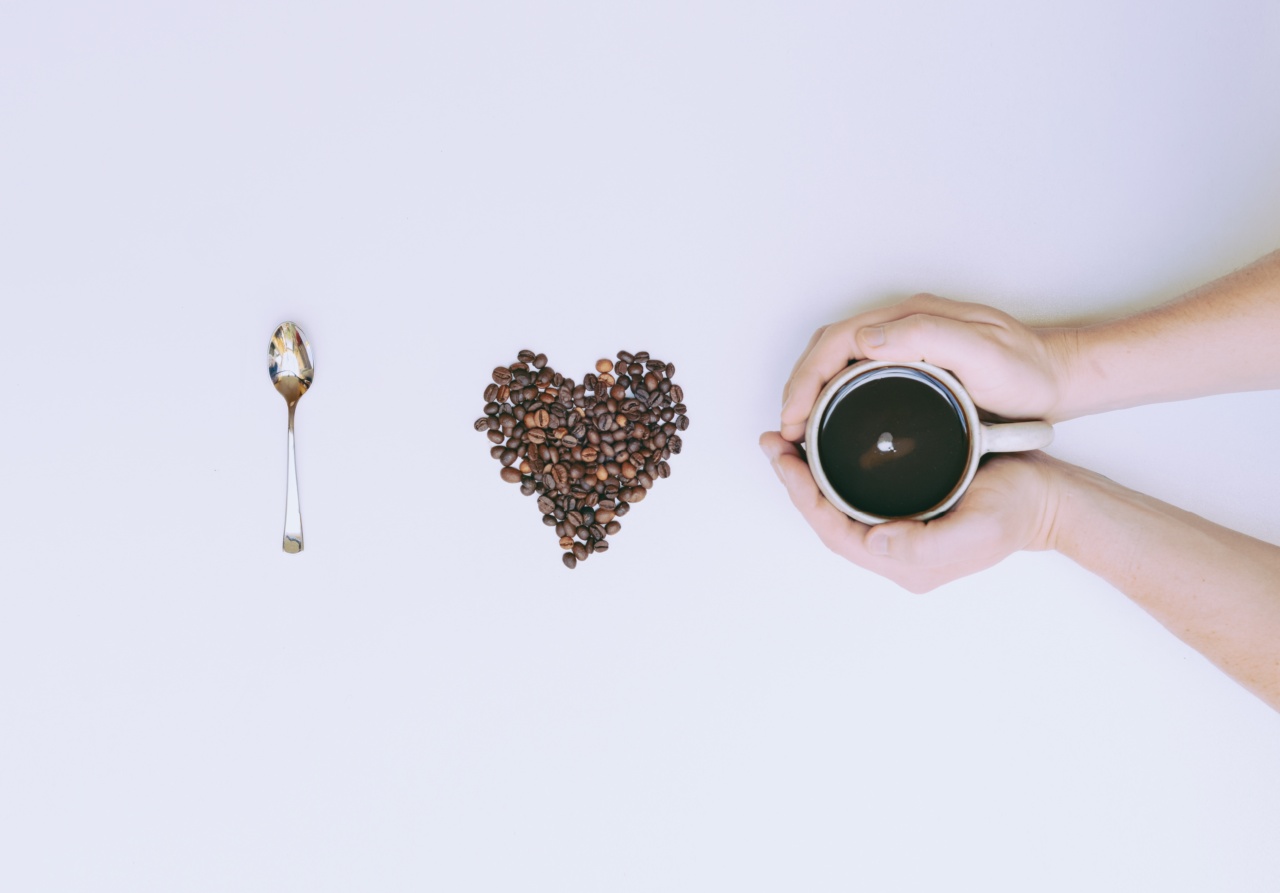When it comes to managing diabetes, it is important to pay attention to what you eat. The right food choices can help control blood sugar levels, promote weight loss, and improve overall health.
Two versatile and nutritious options that are often recommended for people with diabetes are beans and potatoes. In this article, we will explore the benefits of beans and potatoes for individuals with diabetes and provide some tips on how to incorporate them into a diabetes-friendly diet.
The Benefits of Beans
Beans are a great addition to a diabetic diet for several reasons. Firstly, they have a low glycemic index (GI), which means they cause a slower and more gradual rise in blood sugar levels compared to high GI foods.
This is beneficial for individuals with diabetes as it helps to prevent sudden spikes in blood sugar.
Secondly, beans are rich in fiber. Fiber is an essential nutrient for people with diabetes as it helps to improve insulin sensitivity and control blood sugar levels.
Additionally, the high fiber content of beans promotes feelings of fullness and can aid in weight management, which is important for those with diabetes.
Furthermore, beans are a good source of plant-based protein. Protein is essential for repairing and building tissues and plays a role in maintaining a healthy immune system.
Protein also helps to keep you feeling full and satisfied after a meal, which can assist in managing portion sizes and preventing overeating.
Some types of beans that are particularly beneficial for people with diabetes include:.
1. Kidney Beans
Kidney beans are a great source of soluble fiber, which can help reduce cholesterol levels and improve heart health in individuals with diabetes. They are also packed with antioxidants and nutrients like magnesium, folate, and potassium.
2. Chickpeas
Chickpeas, also known as garbanzo beans, are rich in protein, fiber, and vitamins. They have a low GI and can help regulate blood sugar levels. Chickpeas can be enjoyed in a variety of dishes, including salads, soups, and stews.
3. Black Beans
Black beans are high in fiber and protein, making them an excellent choice for people with diabetes. They also contain minerals like magnesium and potassium, which are important for maintaining healthy blood pressure levels.
The Versatility of Potatoes
Potatoes often get a bad reputation for being high in carbohydrates, but when prepared and consumed in the right way, they can be a healthy addition to a diabetes-friendly diet.
It is important to note that different types of potatoes have varying effects on blood sugar levels. For instance, sweet potatoes have a lower GI compared to white potatoes.
Moreover, the cooking method also plays a role in determining the impact on blood sugar. Boiling or roasting potatoes with the skin on can help slow down their digestion and prevent blood sugar spikes.
Potatoes are a good source of vitamins, minerals, and dietary fiber. They contain vitamin C, potassium, and vitamin B6, all of which are important for maintaining a healthy immune system and overall well-being.
The fiber content in potatoes can help regulate blood sugar levels and improve digestion.
When incorporating potatoes into a diabetes-friendly diet, it is essential to pay attention to portion sizes.
It is advisable to consume them as part of a balanced meal that includes protein, healthy fats, and non-starchy vegetables to minimize their impact on blood sugar levels.
Tips for Including Beans and Potatoes in a Diabetes-Friendly Diet
Now that we understand the benefits of beans and potatoes for people with diabetes, let’s explore some practical tips for including them in a diabetes-friendly diet:.
1. Balance Your Meals
When including beans and potatoes in your meals, make sure to balance them with other macronutrients. Pair them with a lean source of protein, such as grilled chicken or tofu, and non-starchy vegetables like broccoli or leafy greens.
This combination will create a well-rounded meal that provides a good mix of carbohydrates, protein, and fiber.
2. Experiment with Recipes
There are countless delicious recipes that incorporate beans and potatoes. Try making a black bean and sweet potato chili, roasted potatoes with chickpeas and herbs, or a kidney bean salad with fresh vegetables.
Experimenting with recipes can make your meals more exciting and enjoyable.
3. Choose Whole Foods
When selecting beans and potatoes, opt for whole food options rather than processed or packaged versions. Canned beans can be a convenient choice, but make sure to choose varieties that are low in sodium and rinse them before consuming.
For potatoes, choose fresh ones over instant mashed potatoes or french fries.
4. Control Portion Sizes
Portion control is crucial when consuming beans and potatoes. While they offer numerous health benefits, they still contain carbohydrates that can affect blood sugar levels.
Measure your portions and avoid overeating to maintain stable blood sugar levels.
5. Work with a Registered Dietitian
If you have diabetes, it can be beneficial to consult a registered dietitian who specializes in diabetes management.
They can provide personalized guidance and help you create a meal plan that incorporates beans, potatoes, and other diabetes-friendly foods.
In conclusion, beans and potatoes can be excellent food choices for individuals with diabetes. Both offer various health benefits, including promoting stable blood sugar levels and providing essential nutrients.
By incorporating beans and potatoes into a balanced and portion-controlled meal plan, individuals with diabetes can enjoy a wide variety of delicious and nutritious meals while effectively managing their condition.






























